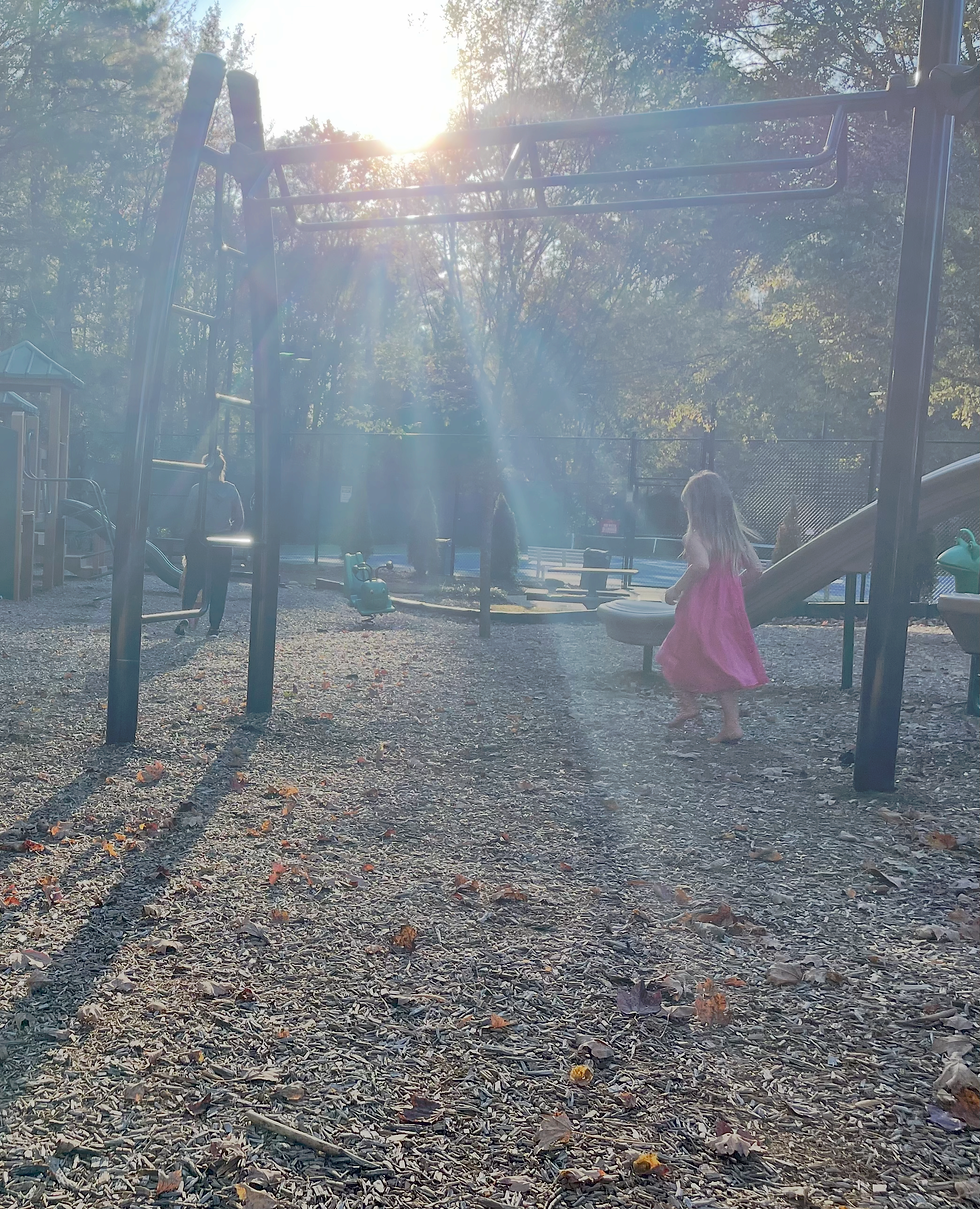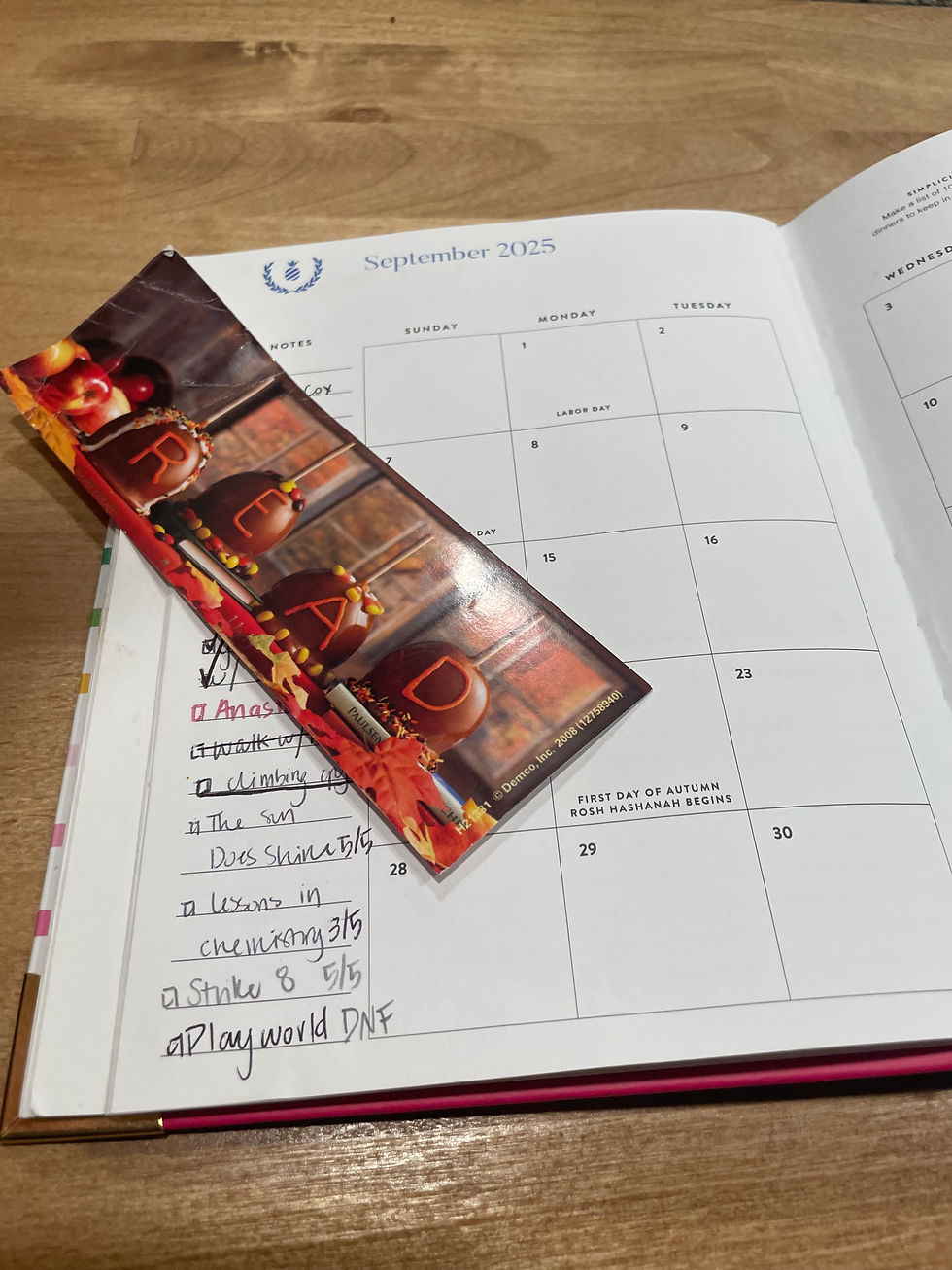Waiting Well
- Avery Garn

- Dec 14, 2021
- 3 min read
Originally published on cancerfighters.com.
In August, I began working at the Cancer Treatment Centers of America. (Yes, they hired a six-month pregnant lady!) Since a job in a classroom is not conducive to one-sided deafness, I was grateful to find a job where hearing loss is not a hindrance. Part of my job is contributing to the Cancer Fighters website. Below is one of my first articles, which I hope is relevant to all types of waiting.

When the floodgates that are a personal health crisis open, whether from stroke, disability, or diagnosis, you quickly realize that the world of healthcare involves a lot of waiting.
During my extended stay as an in-patient, I waited to use the restroom, waited to eat breakfast, waited to get a blanket.
Because of the nature of my recovery, I quickly learned that any task—from brushing my teeth to chewing my food—required my undivided attention. I didn’t mind; I had nothing else to do. I would turn off the TV when my meals arrived so that I could fully concentrate on my dinner’s journey from tray to fork to mouth.
But once I regained enough mobility to multitask again—eat TV dinners, play music while getting ready—I found that I missed the mindful experience of being fully present, even in tasks as mundane as tying my shoes (something else that required what felt like Herculean effort post-brain surgery).
I became a master at what I dubbed monotasking, born mostly out of an effort not to die of boredom while enduring a hospital stay during COVID times. I made a conscious effort to do only one task at a time, no matter its simplicity. But when I found that I could do more—walk and talk, eat and listen—I found that I didn’t want to. I enjoyed focusing all my efforts on one task at a time. Maybe this is how we are meant to live—a meditative life.
Maybe what we need to help us on our health journey is not shorter wait times, but a different posture: a posture of peace. Maybe in the waiting we find not inconvenience, but invitation to slowness. Because the reality is that whether we are in-patient or out, recovery is slow, and waiting, whether for a phone call or for a doctor, is hard and uncomfortable.
John Ortberg defines slowness as Cultivating patience by deliberately choosing to place ourselves in positions where we simply have to wait.
Slowness: Cultivating patience by deliberately choosing to place ourselves in positions where we simply have to wait
And if that place is not overcoming a disability or a diagnosis, I’m not sure what is.
We talk a lot about the teachings and life of Jesus, but not as much about the way of Jesus. But if Jesus is "the way, and the truth, and the life" (John 14:6), shouldn't we pay attention not only to his life, but to his way? And His way is one of slowness, of unhurried movement through life.
A lot of effort is put into trying to squeeze every ounce of productivity out of each hour, to maintain efficiency above all else. But the beauty of the gospel is that we are called to live a life in response to work that has already been done; we need not break our necks in the name of productivity. While we are designed to create more than we consume, we can take a deep breath in the forced slowness of waiting, and rest assured knowing that the work has already been done.
So as we continue to count down minutes (or maybe hours) spent in uncomfortable chairs in quiet waiting rooms, may we not resent the time spent there, but may we enjoy the slowness of reading, of listening, of staring, and wait mindfully. Maybe in the waiting we remain still long enough to find God, and only then can we find ourselves.
Ideas for reflecting while waiting
The next time you’re sitting in the waiting room, maybe we can take the time we so rarely take—time to reflect.
Ask yourself:
1. Where did you see God that day, week, month?
2. What have you been thinking the most about this month?
3. What is one word to describe what you hope for in the next month?
How to enjoy waiting
Find a great book series to read—Maybe you’ll even be disappointed when the nurse calls you back to your appointment!
Libby app—Not a reader? Try audiobooks. They will not only make the waiting go by faster, but the commute to appointments, too.
Journal/pray—Check in with yourself. If there was ever a time for self-care, it is in the midst of a health crisis.
Write notes to friends—Break out the pen and paper for some old-fashioned snail mail! What better way to embrace slowness than by sending a handwritten letter?





Comments